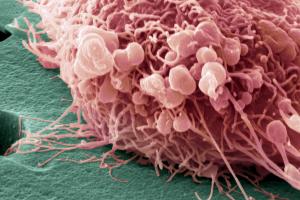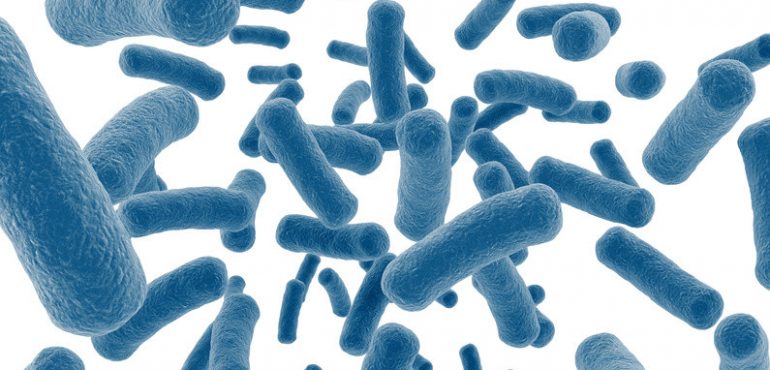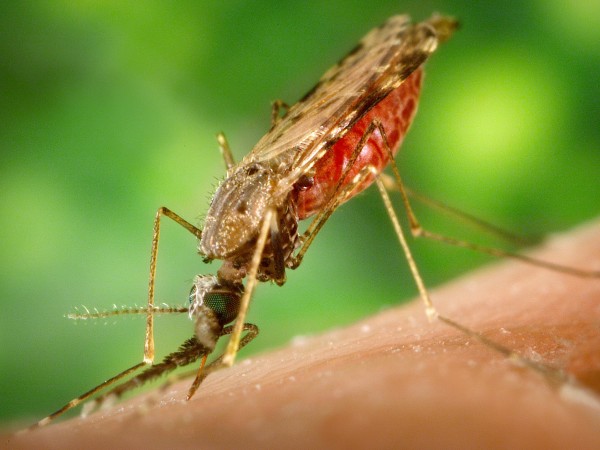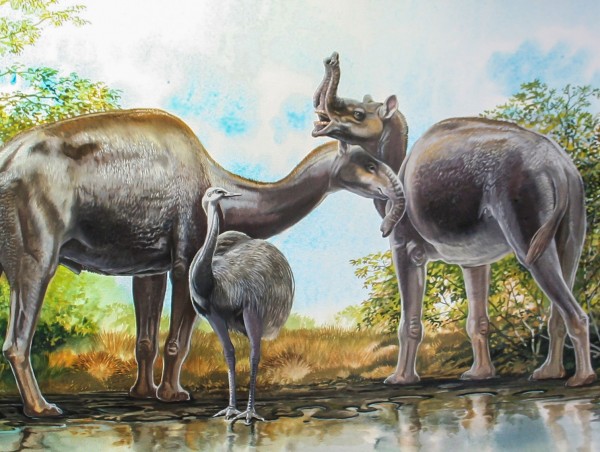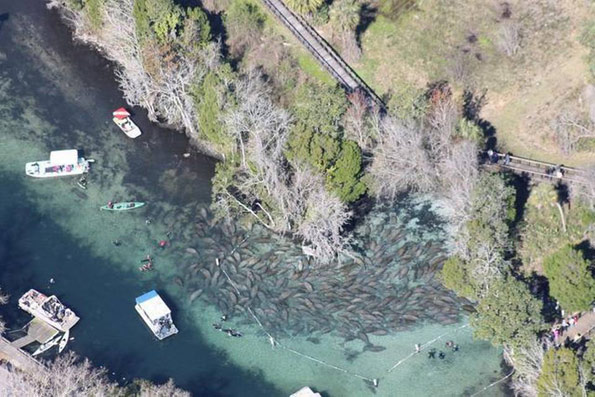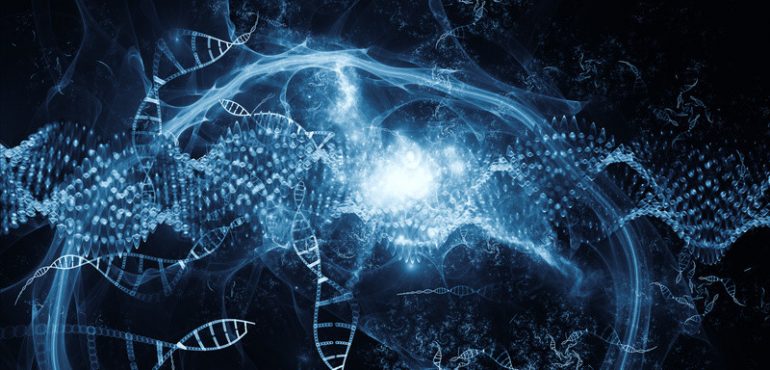By comparing the genes of current-day North and South Americans with African and European populations, an Oxford University study has found the genetic fingerprints of the slave trade and colonization that shaped migrations to the Americas hundreds of years ago. The team, which also included researchers from UCL (University College London) and the Universita' del…
Read more
Complex genetic ancestry of Americans uncovered: Genetic fingerprints of slave trade and colonization


